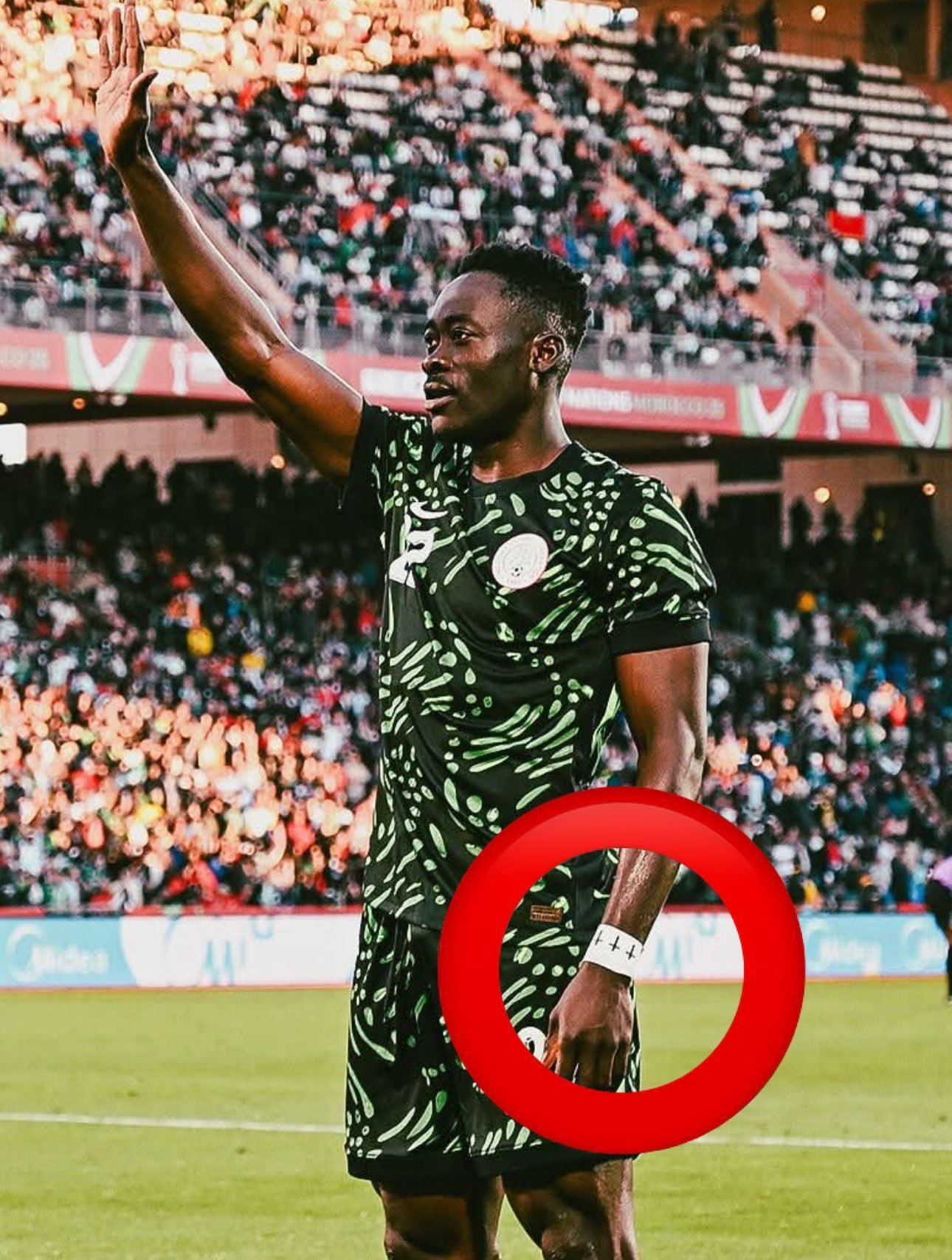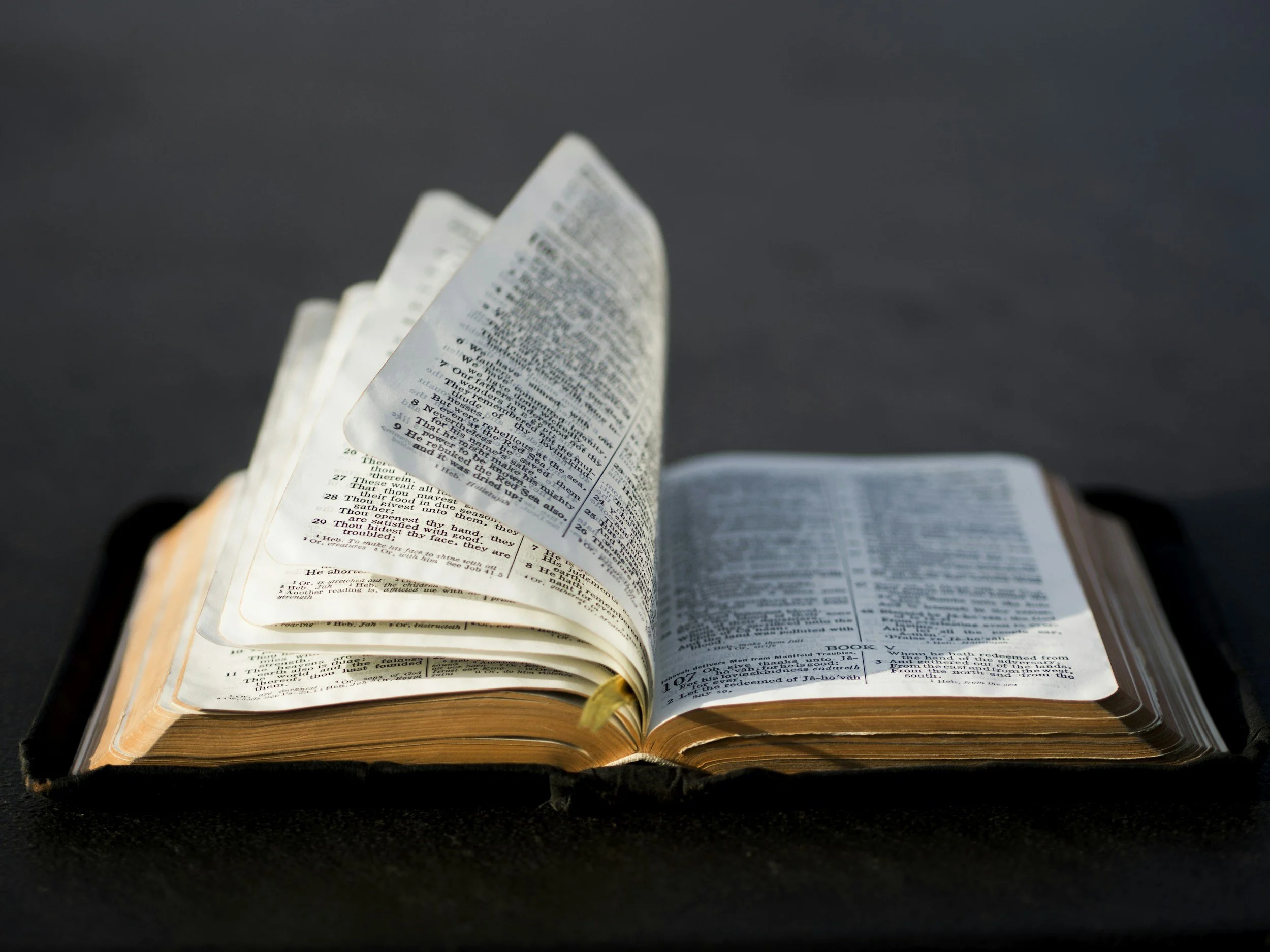In a recent episode of The Joe Rogan Experience, Mel Gibson, Catholic visual artist, joined host Joe Rogan to discuss everything from faith to his personal life.
Mel Gibson's faith has always been a central part of his life and career, most notably reflected in his directorial work, like The Passion of The Christ. On Rogan's podcast, Gibson openly discussed his Christian beliefs, emphasizing how they shape his worldview and personal life. He highlighted the resistance he perceives from secular Hollywood against Christianity, stating, "I am very Christian in my beliefs." This comment echoes sentiments often felt by those in faith-based communities, where Christian values are sometimes met with skepticism or outright opposition in a predominantly progressive industry.
Gibson's conversation went beyond mere acknowledgment of his faith; he delved into specifics about his understanding of Christianity. He discussed the crucifixion of Jesus Christ, providing theological insights that would intrigue any follower of Catholic teachings. In particular, Gibson touched upon the Resurrection, a cornerstone of Christian faith, explaining why he believes in it with a depth that only someone steeped in the faith could articulate. His reflections offered listeners a glimpse into the profound impact of the Crucifixion and Resurrection on his life and art.
However, the episode was not solely a theological discourse. A significant portion was dedicated to Gibson's experience with stem cell therapy, particularly for his father, Hutton Gibson. Gibson shared an emotional and compelling story about how stem cell treatment at the Stem Cell Institute in Panama helped his father, who was in dire health at 92, regain his vitality. This narrative was not just about medical innovation but also about the hope and faith in healing, themes that resonate deeply within the Catholic tradition of miracles and divine intervention.
Gibson detailed how his father's ailments, from hip issues to cognitive decline, were alleviated post-treatment, a testament he shared with a mix of gratitude and awe. This part of the discussion could serve as a modern-day parable, illustrating the power of faith and science working in tandem. It's a narrative that aligns with the Christian belief in God's healing power, whether through natural or human-assisted means.
Gibson was also heavily critical of the current Vatican hierarchy.




Restore God’s Kingdom reflect on the latest terrible statistics emerging from the Open Doors Watch List.